Table of Contents
- Understanding Energy Efficiency Grants for Homeowners
- How to Determine Your Eligibility for Energy Efficiency Programs
- Exploring the Benefits of Energy Efficiency Upgrades
- Step-by-Step Guide to Applying for Grants
- Maximizing Your Savings with Energy Efficiency Incentives
- Q&A
- In Conclusion
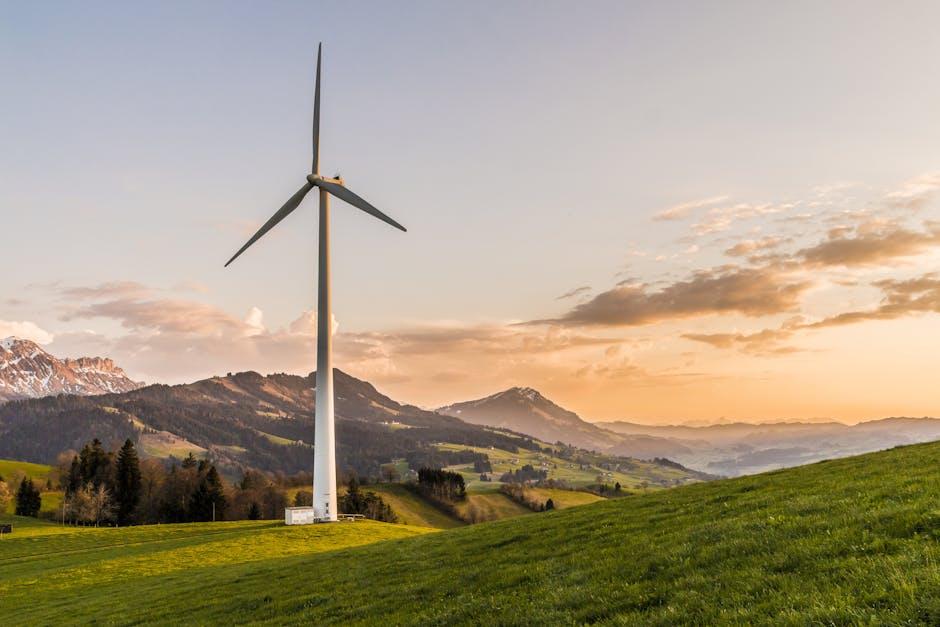

Understanding Energy Efficiency Grants for Homeowners
Energy efficiency grants are designed to assist homeowners in making their residences more sustainable while lowering energy costs. These grants can come from various sources, including government agencies, non-profit organizations, and utility companies. By capitalizing on these funds, homeowners can reduce their energy use, enhance home comfort, and contribute to a more eco-friendly environment. Some common areas of improvement that are often funded include:
- Insulation upgrades – Enhancing your home’s insulation can significantly decrease heating and cooling expenses.
- Heating and cooling system replacements – Older systems often consume more energy; grants can help offset the costs of installing energy-efficient models.
- Energy-efficient windows and doors - New installations can reduce drafts and save on energy bills.
- Renewable energy installations – Some grants are available for homeowners looking to invest in solar panels or geothermal systems.
The eligibility criteria for energy efficiency grants can vary widely depending on the funding source and the specific program. Generally, homeowners must demonstrate a financial need or commit to achieving certain energy efficiency targets. Many programs prioritize funding for low-income households or those in underserved communities. To get started, consider these key steps:
- Research local and federal programs - Look for grants that cater specifically to your area.
- Evaluate your home’s energy efficiency – This can involve an energy audit to determine which improvements would yield the most benefit.
- Prepare necessary documentation – Gather information on your household income, home details, and any previous energy audits.
Once you’ve identified potential grants, it’s important to understand the application process. Many programs require applications to be submitted before starting any work, so timing can be crucial. Some grants may have specific deadlines or be limited by funding availability. To help navigate the landscape of grants available, consider the following table highlighting a few key programs:
| Grant Program | Eligibility | Funding Range |
|---|---|---|
| Weatherization Assistance Program | Low-income households | $300-$8,000 |
| Energy Star Rebate Programs | General homeowners | Varies by product |
| Local Utility Efficiency Programs | All customers | Varies by program |
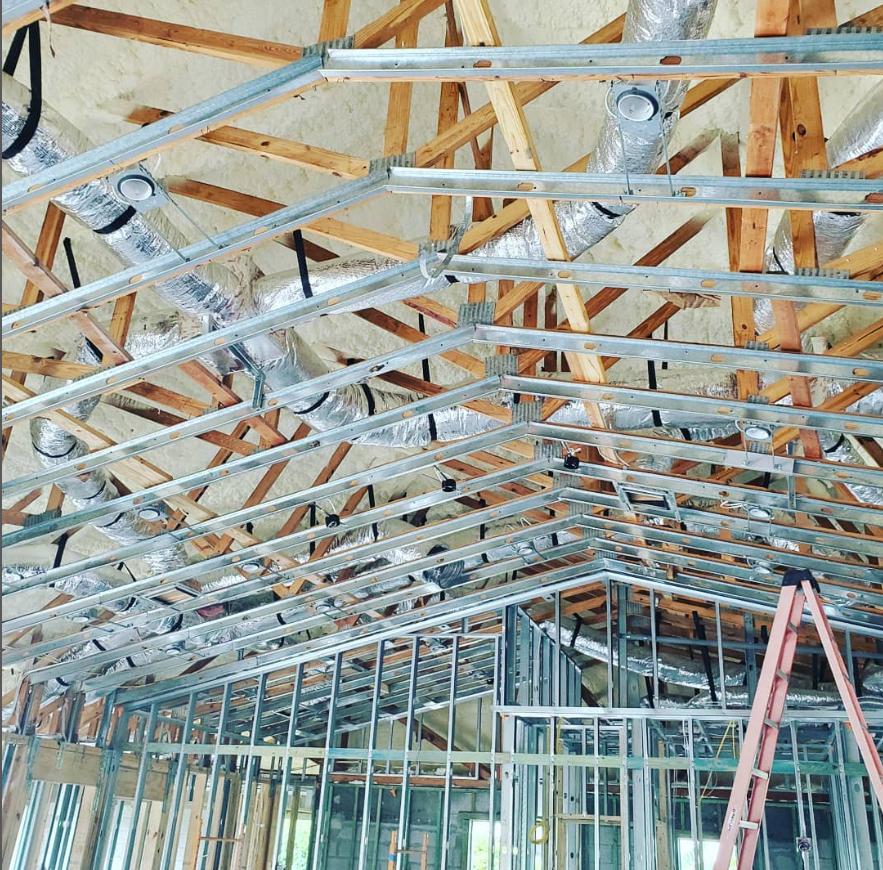

How to Determine Your Eligibility for Energy Efficiency Programs
Determining your eligibility for energy efficiency programs often begins with conducting a thorough assessment of your household’s current energy use and financial circumstances. Homeowners can start by reviewing their local utility company’s website, as many utilities offer detailed guidelines regarding income thresholds and program specifics. Additionally, energy audits may be available through these programs, providing insights into which areas of your home could benefit most from efficiency upgrades.
Key criteria that generally influence eligibility include:
- Income Level: Many energy efficiency grants target low- to moderate-income households, so understanding your household income in relation to area benchmarks is essential.
- Type of Property: Some programs are specifically tailored for single-family homes, while others extend to multi-family units or rental properties.
- Existing Energy Use: Older homes or those with outdated systems might have a higher likelihood of qualifying due to greater potential for energy saving.
Once you gather this information, it’s beneficial to compile documentation that supports your application. This may include:
- Proof of Income: Pay stubs, tax returns, or benefits statements.
- Home Details: Square footage, year built, and existing energy appliances.
- Previous Energy Bills: To illustrate your energy consumption trends and costs.
In many cases, an online eligibility tool can streamline this process, allowing you to input basic information and receive immediate guidance on potential programs. By taking these steps, homeowners can identify opportunities for savings, contribute to sustainability efforts, and enhance their living spaces with modern energy-efficient solutions.
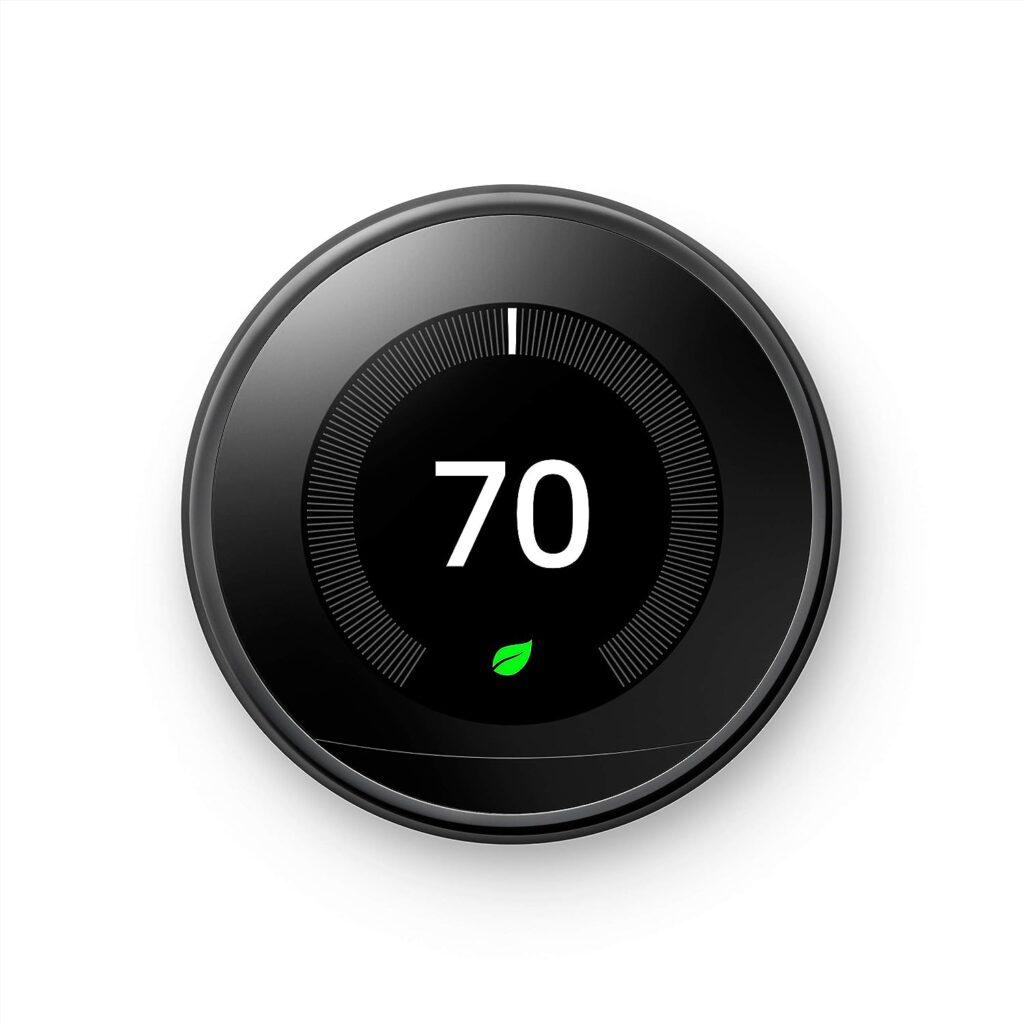

Exploring the Benefits of Energy Efficiency Upgrades
Upgrading your home to improve energy efficiency comes with a multitude of advantages that can significantly enhance your living environment while also benefitting the planet. One of the most compelling reasons to invest in these upgrades is the substantial cost savings on utility bills. By implementing energy-efficient solutions such as insulation, energy-efficient windows, and Energy Star-rated appliances, homeowners can dramatically reduce their monthly energy expenses. Estimates suggest that households can save anywhere from 10 to 30 percent on their energy bills annually, depending on the extent of the upgrades.
Moreover, enhancing your home’s energy efficiency can increase its value. Potential buyers today are increasingly prioritizing energy efficiency when searching for their next home. With features like solar panels, high-efficiency HVAC systems, and advanced smart home technologies, your property will stand out in a competitive market. Several studies illustrate that homes with energy-efficient upgrades sell faster and at higher prices compared to those lacking such improvements, solidifying the idea that these investments can provide a promising return when it comes to resale.
| Upgrade Type | Estimated Savings | Environmental Impact |
|---|---|---|
| Insulation | 10-20% | Reduces carbon footprint |
| Energy-efficient Windows | 10-30% | Energy conservation |
| Solar Panels | 50-100% (self-generated) | Renewable energy use |
Step-by-Step Guide to Applying for Grants
Applying for grants can initially seem daunting, but breaking the process into manageable steps makes it much easier. Start by identifying the specific grants that cater to energy efficiency improvements for homeowners. Check federal, state, and local government websites, as well as nonprofit organizations that offer financial assistance. Make a list of available opportunities along with key deadlines and application requirements.
Next, gather all necessary documentation to bolster your application. This commonly includes proof of income, details regarding your current energy usage, and a plan outlining the proposed energy efficiency upgrades. Prepare a personal statement detailing your motivation for applying and how the grant will make a difference to your home and community. Having all these materials ready will streamline the process and enhance your chances of success.
Once you have all your materials in order, it’s time to fill out the application form. Be sure to follow the guidelines closely, providing precise and honest information. Pay attention to any word limits and formatting directions specified by the grant provider. To help you keep track of your submissions, consider using the following table format to organize your grant applications:
| Grant Name | Application Deadline | Status | Notes |
|---|---|---|---|
| Energy Efficiency Home Grant | March 15, 2023 | Submitted | Awaiting response |
| Green Home Improvement Fund | April 30, 2023 | In-progress | Need two more documents |
| Federal Energy Assistance Program | June 1, 2023 | Not started | Research funding limits |


Maximizing Your Savings with Energy Efficiency Incentives
Homeowners are increasingly seeking ways to reduce their energy costs while contributing to a more sustainable environment. One of the most efficient methods to achieve significant savings is through various energy efficiency incentives offered by government programs and utility companies. These incentives are designed to encourage homeowners to upgrade their residences with energy-efficient appliances, insulation, and heating or cooling systems, which can lead to lower utility bills and increased property value.
Among the numerous options available, homeowners can explore the following incentives:
- Tax Credits: Direct reductions on your income tax based on the investment in energy-efficient upgrades.
- Rebates: Cash-back offers from local governments or utility companies for specific energy-efficient installations.
- Low-Interest Loans: Financial support to help fund energy improvements with favorable repayment terms.
- Grants: Non-repayable funds aimed at facilitating investments in energy efficiency.
To visualize the potential savings from these incentives, consider a simple comparison of commonly upgraded appliances:
| Appliance | Average Upgrade Cost | Typical Rebate Amount | Estimated Annual Savings |
|---|---|---|---|
| HVAC System | $5,000 | $500 | $1,200 |
| Water Heater | $1,200 | $300 | $300 |
| Refrigerator | $800 | $100 | $150 |
Taking advantage of these incentives not only benefits your wallet but also promotes a greener future. By investing in energy-efficient home improvements, you’re not just saving money—you’re making a positive impact on the environment, which can resonate with community values and propel local initiatives for sustainability.
Q&A
Q&A: Energy Efficiency Grants for HomeownersQ1: What are energy efficiency grants for homeowners?A1: Energy efficiency grants are financial assistance programs provided by government bodies or organizations aimed at helping homeowners improve their energy efficiency. These grants can cover the costs of installations like insulation, energy-efficient windows, HVAC systems, and solar panels, ultimately leading to lower energy consumption and utility bills.Q2: Who is eligible for these grants?A2: Eligibility varies depending on the specific program. Generally, most grants are available to homeowners, but factors like income level, geographic location, and type of residence can influence eligibility. Programs may target low-income households, first-time homebuyers, or residents of certain regions. It’s important to check the specific requirements of each grant program.
Q3: How much money can I receive from these grants?A3: Grant amounts can range widely based on various factors, including the type of project and the funding sources. Some grants may provide a few hundred dollars, while others can award several thousand. Homeowners should research different programs to find opportunities that suit their project needs and budgetary constraints.
Q4: How do I apply for an energy efficiency grant?A4: The application process typically involves a few key steps: researching available grants, checking eligibility criteria, gathering the necessary documentation (such as proof of income, home improvement proposals, and receipts), and submitting an application by the designated deadline. Many programs also have a streamlined application process online, making it more accessible for homeowners.
Q5: What types of energy efficiency upgrades qualify for grants?A5: Common upgrades that qualify for energy efficiency grants include insulation installation, upgrading to Energy Star-rated appliances, installing energy-efficient windows and doors, improving heating, ventilation, and air conditioning (HVAC) systems, and integrating renewable energy sources, like solar panels. Each program will list specific eligible measures, so be sure to review those closely.
Q6: Will receiving a grant impact my taxes?A6: Grants for energy efficiency typically are not considered taxable income. However, it’s advisable to consult with a tax professional regarding specific situations, as local and state guidelines may vary. Additionally, some grants might have impacts on other financial aid or incentives you’re receiving, so getting expert advice can avoid any surprises.
Q7: Are there any other financial incentives aside from grants?A7: Yes, in addition to grants, homeowners can explore low-interest loans, tax credits, and rebates for energy-efficient upgrades. These financial incentives can often be combined, providing even more substantial savings. Some utility companies also offer programs that provide discounts or rebates for customers who undertake energy-saving renovations.
Q8: Where can I find more information about energy efficiency grants?A8: Start by visiting government websites or local energy offices that provide resources on available grants in your area. Nonprofit organizations focused on energy conservation may also have tailored information. Online search engines can help you discover programs specific to your state or municipality, ensuring you access the most relevant options.
Q9: What should I consider before applying for a grant?A9: Before applying for a grant, evaluate your home’s current energy efficiency, determine the areas needing improvement, and assess how the upgrades align with your long-term goals. Additionally, ensure that you understand the grant’s conditions, application timeline, and any potential requirements once the project is complete, such as reporting energy savings.
Q10: How can energy efficiency upgrades affect my home’s resale value?A10: Energy efficiency upgrades can significantly enhance your home’s resale value. Many buyers are attracted to homes with lower operating costs and eco-friendly features. By ensuring your home is energy-efficient, you can not only make it more appealing but also potentially recoup the cost of renovations through a higher sale price.

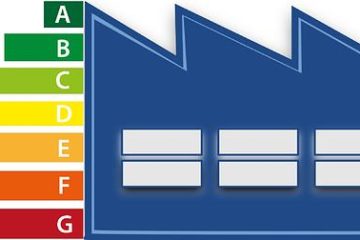
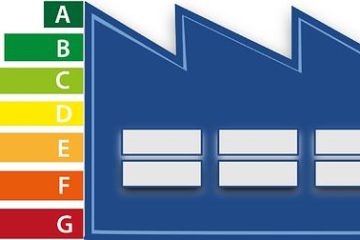
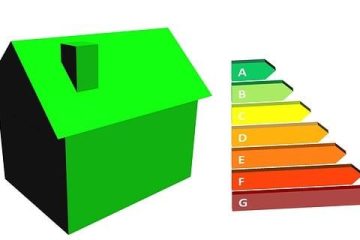
0 Comments